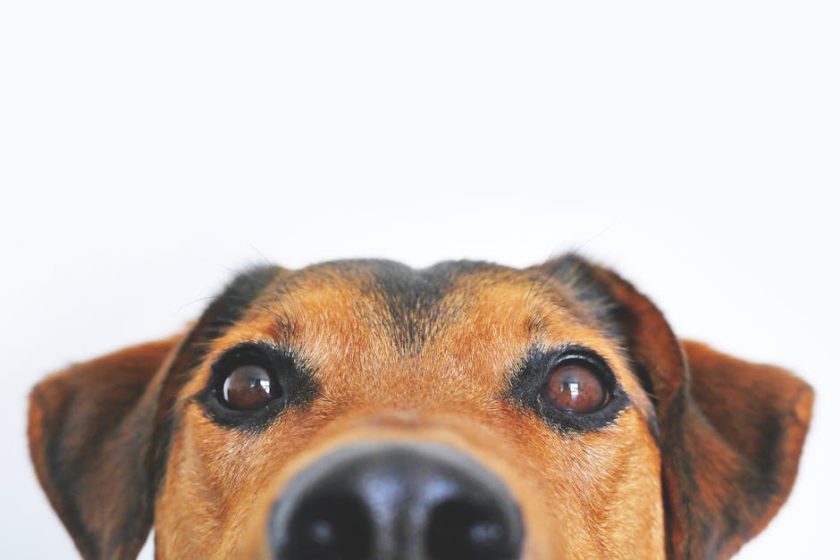Training your dog is not only beneficial for your pet's behavior but also strengthens the bond between you. Here are comprehensive tips and techniques to effectively train your canine companion:
**Start at an Early Age:**
Begin training as early as possible, ideally between 4 and 6 months of age. This is when puppies are most receptive and eager to learn new behaviors.
**Establish Positive Reinforcement:**
Reward your dog with treats, praise, or playtime when it exhibits desired behaviors. Positive reinforcement encourages your dog to repeat these actions and builds a positive association with training.
**Use Short and Consistent Commands:**
Keep commands brief and use them consistently. This helps your dog easily understand what you are asking it to do. Avoid using ambiguous or long-winded commands that can confuse your pet.
**Break Down Tasks:**
Complex behaviors should be broken down into smaller, manageable steps. This makes the training process more accessible and less overwhelming for your dog. Gradually increase the difficulty as your dog progresses.
**Practice Patience and Consistency:**
Training requires patience and consistency. Be patient with your dog and repeat commands multiple times. Avoid punishing your pet for mistakes, as this can damage your relationship and hinder progress.
**Socialization and Obedience:**
Socialization is crucial for well-rounded dogs. Introduce your puppy to different people, places, and experiences to help them adapt and behave appropriately in various situations. Obedience training, such as sit, stay, and come, provides essential control and safety for your pet.
**Leash Training:**
Leash training teaches your dog to walk calmly alongside you without pulling or lunging. Use a comfortable leash and start training in controlled environments, gradually transitioning to more challenging areas.
**Housebreaking:**
Housebreaking is essential for cleanliness and preventing accidents. Establish a designated potty area and take your puppy out frequently, especially after meals and playtime. Praise and reward your dog for going potty in the appropriate location.
**Advanced Training:**
Once your dog has mastered basic commands, consider advanced training such as agility, scent detection, or therapy work. Advanced training stimulates your dog mentally, strengthens your bond, and provides enrichment.
Remember that training is an ongoing process that requires patience, consistency, and positive reinforcement. By following these tips and techniques, you can foster a well-trained and well-behaved dog that will bring joy and companionship to your life for many years to come.

